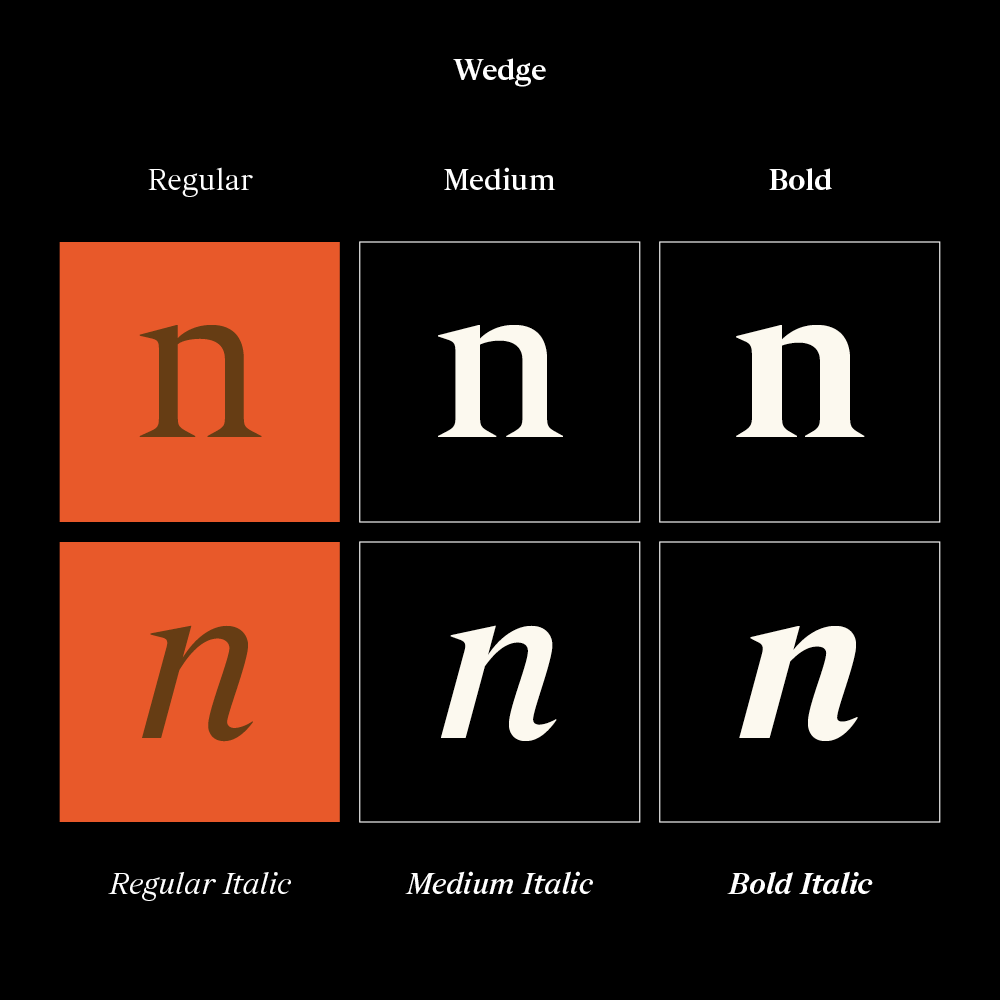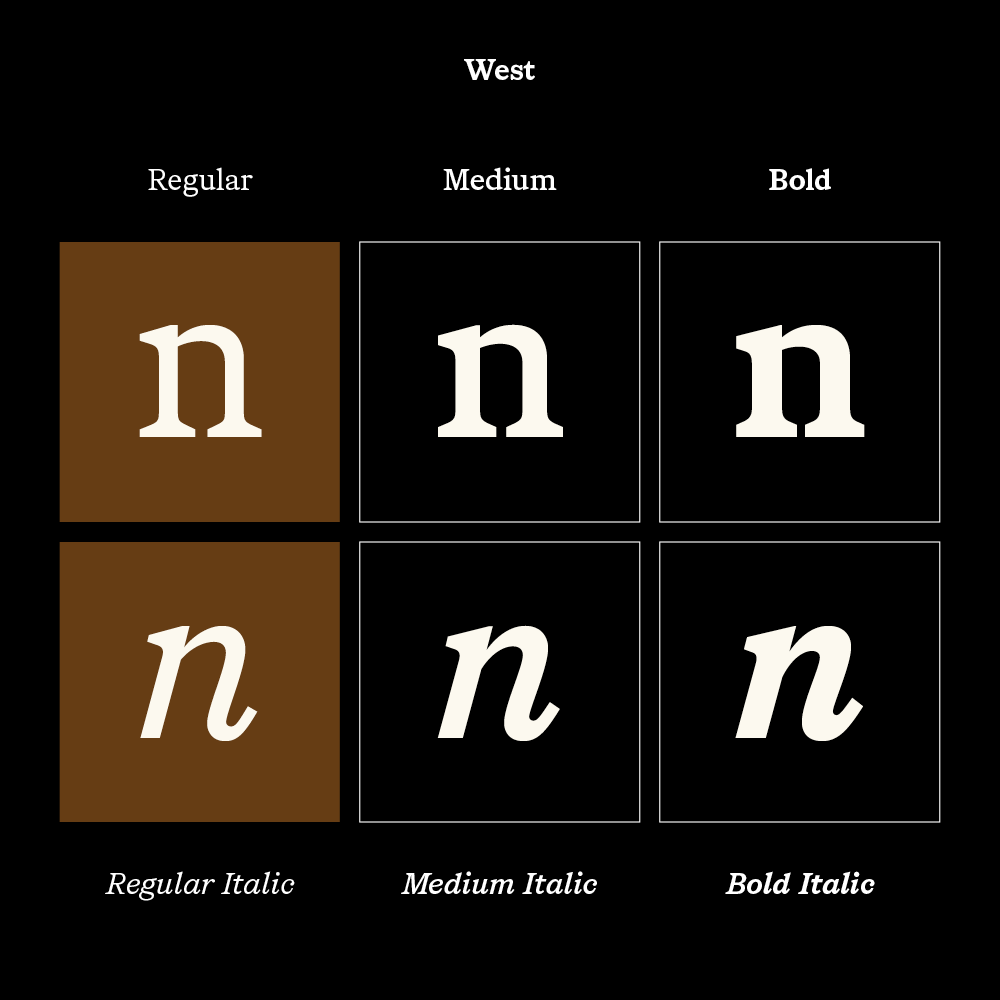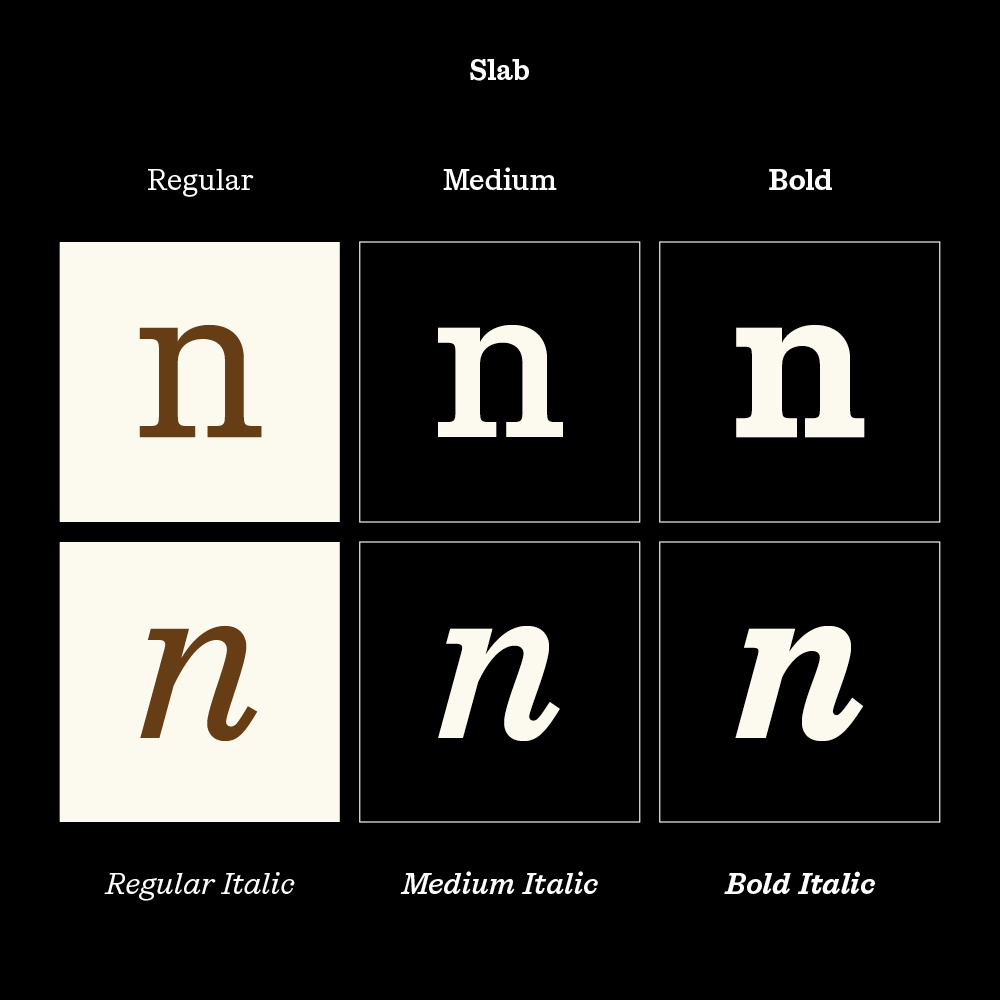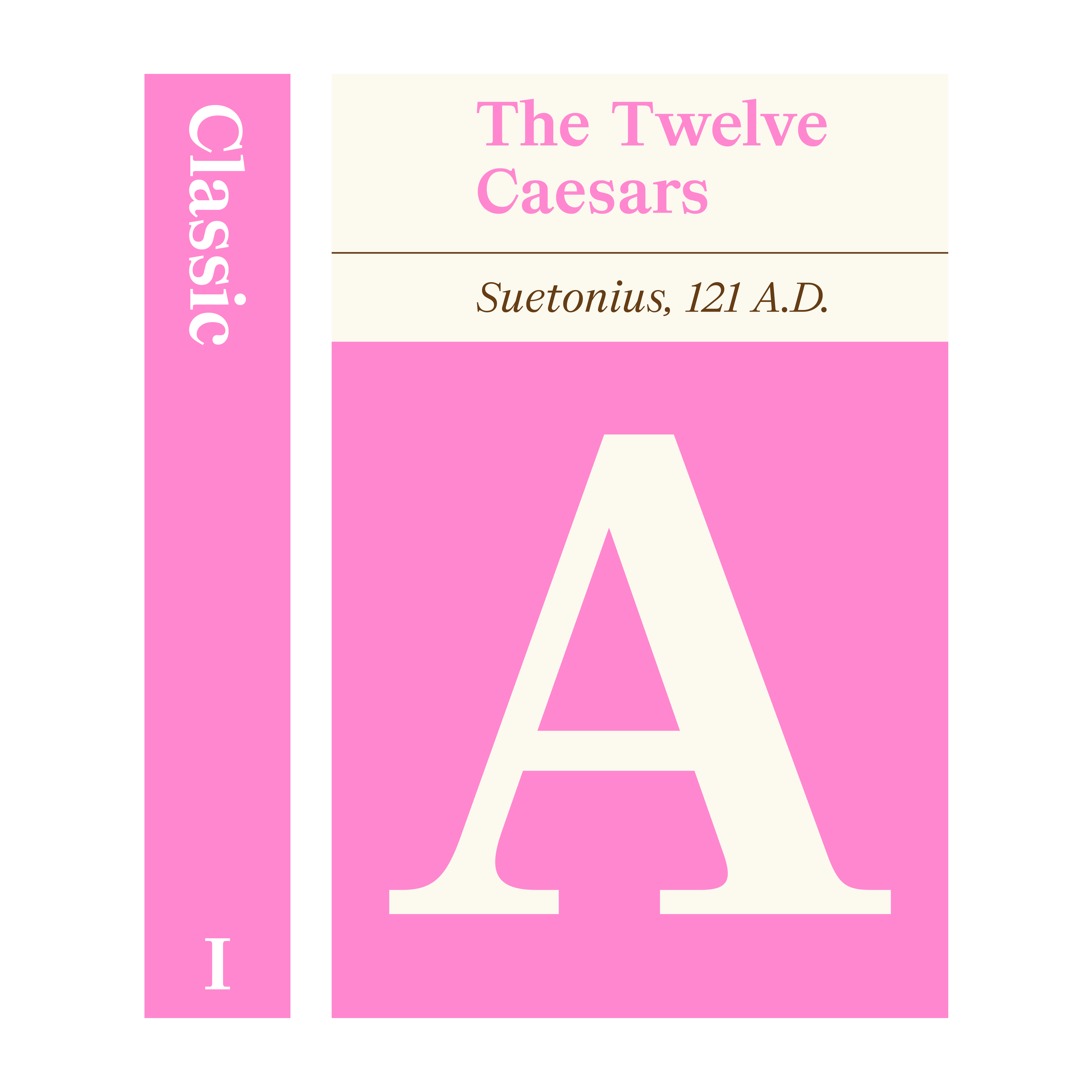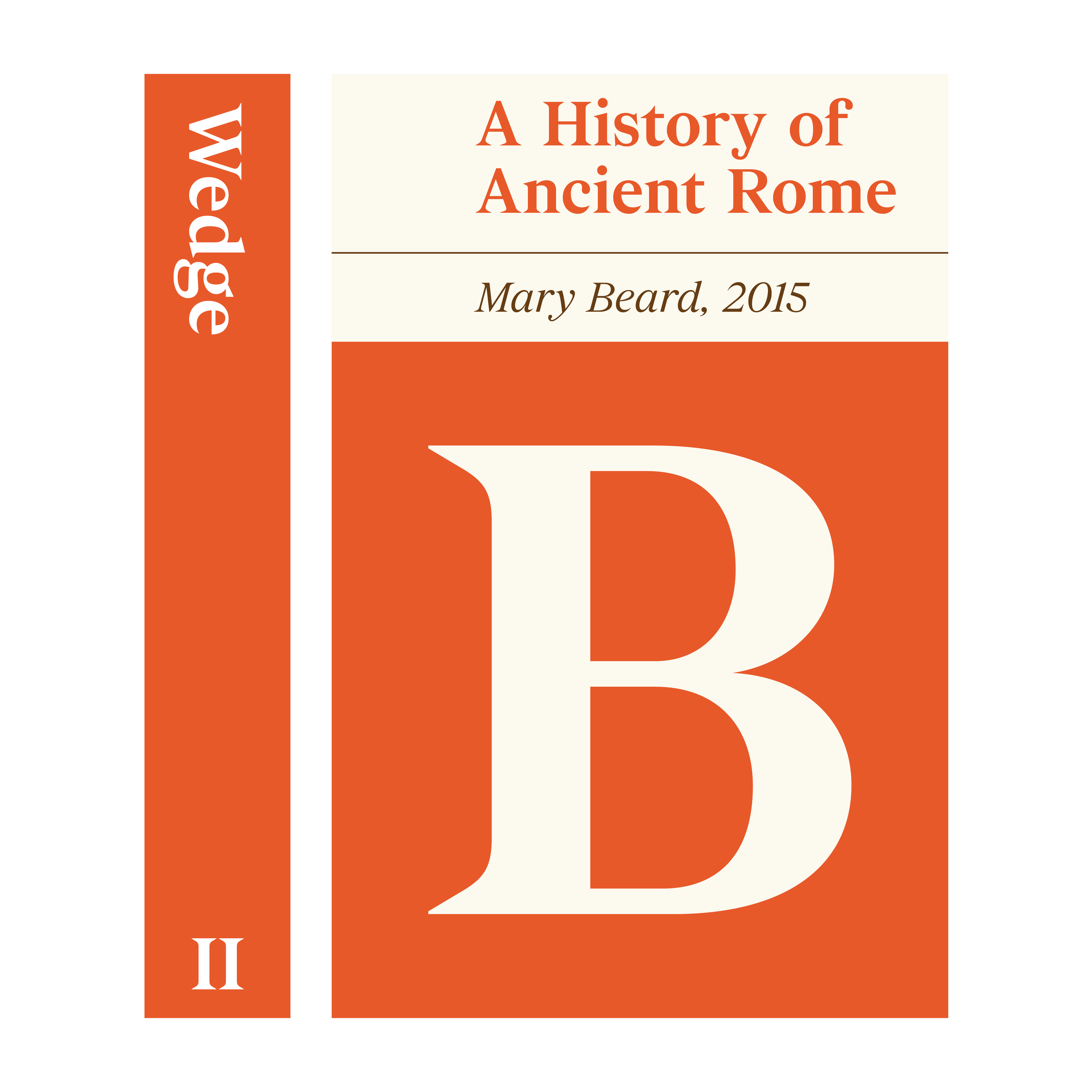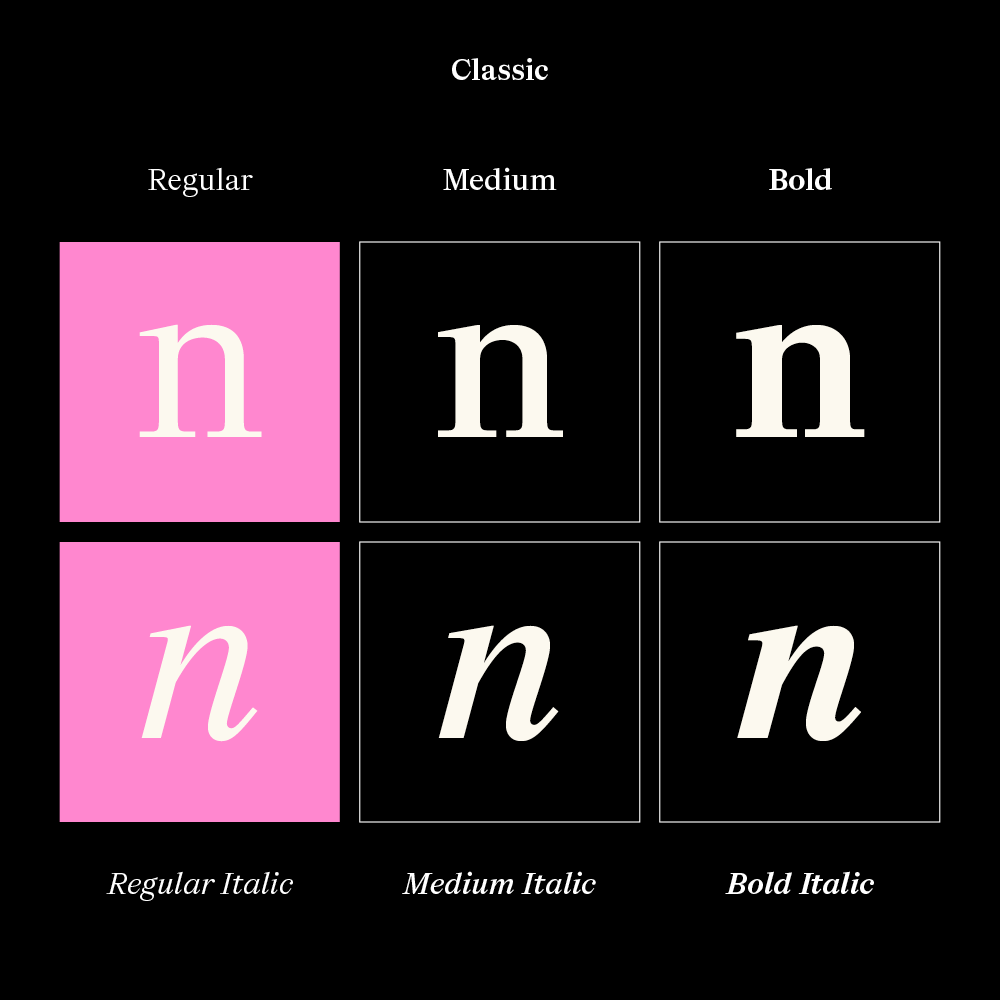
Lardent
Weights
3
Styles
24
Available
Variable
Augustus
Balbinus
Caligula
↑ Lardent
Classic Regular
↑ Lardent
Classic Medium
↑ Lardent
Classic Bold
Domitian
Elagabalus
Florian
↑ Lardent
Classic Regular Italic
↑ Lardent
Classic Medium italic
↑ Lardent
Classic Bold Italic
Gallienus
Hostilian
Irenaeus
↑ Lardent
Wedge Regular
↑ Lardent
Wedge Medium
↑ Lardent
Wedge Bold
Julius
Lucius
Maximinus
↑ Lardent
Wedge Regular Italic
↑ Lardent
Wedge Medium italic
↑ Lardent
Wedge Bold Italic
Adjib
Baufra
Cambyses II
↑ Lardent
West Regular
↑ Lardent
West Medium
↑ Lardent
West Bold
Djoser
Hudjefa II
Intef III
↑ Lardent
West Regular Italic
↑ Lardent
West Medium italic
↑ Lardent
West Bold Italic
Kakemura
Mentuhotep
Nebfaura
↑ Lardent
Slab Regular
↑ Lardent
Slab Medium
↑ Lardent
Slab Bold
Osochor
Psamtik III
Qakara
↑ Lardent
Slab Regular Italic
↑ Lardent
Slab Medium italic
↑ Lardent
Slab Bold Italic
Augustus
Balbinus
↑ Lardent
Classic Regular
↑ Lardent
Classic Regular Italic
Caligula
Domitian
↑ Lardent
Classic Medium
↑ Lardent
Classic Regular Italic
Elagabalus
Florian
↑ Lardent
Classic Bold
↑ Lardent
Classic Regular Italic
Gallienus
Hostilian
↑ Lardent
Wedge Regular
↑ Lardent
Wedge Regular Italic
Irenaeus
Julius
↑ Lardent
Wedge Medium
↑ Lardent
Wedge Medium Italic
Lucius
Maximinus
↑ Lardent
Wedge Bold
↑ Lardent
Wedge Bold Italic
Adjib
Baufra
↑ Lardent
West Regular
↑ Lardent
West Regular Italic
Cambyses
Djoser
↑ Lardent
West Medium
↑ Lardent
West Medium Italic
Hudjefa
Intef
↑ Lardent
West Bold
↑ Lardent
West Bold Italic
Kakemura
Mentuhotep
↑ Lardent
Slab Regular
↑ Lardent
Slab Regular Italic
Nebfaura
Osochor
↑ Lardent
Slab Medium
↑ Lardent
Slab Medium Italic
Psamtik
Qakara
↑ Lardent
Slab Bold
↑ Lardent
Slab Bold Italic
A-Z
Anno
R
Domini
I

Minerva
Venus
Saturn
Venus
Saturn
Wisdom
Beauty
Time
Beauty
Time
AD 35
Classic
Slab
Wedge
West
I
Wedge
Hadrian’s Wall Vallum Aelium also known as the Roman Wall, Picts’ Wall, or Vallum Hadriani in Latin is a former defensive fortification of the Roman province of Britannia, begun in AD 122 in the reign of the Emperor Hadrian. Running from Wallsend on the River Tyne in the east to Bowness-on-Solway in the west of what is now northern England, it was a stone wall with large ditches in front of it and behind it that crossed the whole width of the island. Soldiers were garrisoned along the line of the wall in large forts, smaller milecastles and intervening turrets. In addition to the wall's defensive military role, its gates may have been customs posts. A view of Hadrian's Wall showing its length and height. The upright stones on top of it are modern, to deter people from walking on it. Hadrian's Wall Path generally runs very close to the wall. Almost all of the standing masonry of the wall was removed in early modern times and used for local roads and farmhouses. None of it stands to its original height, but modern work has exposed much of the footings and some segments display a few courses of modern masonry reconstruction
I
Classic
Hadrian’s Wall Vallum Aelium also known as the Roman Wall, Picts’ Wall, or Vallum Hadriani in Latin is a former defensive fortification of the Roman province of Britannia, begun in AD 122 in the reign of the Emperor Hadrian. Running from Wallsend on the River Tyne in the east to Bowness-on-Solway in the west of what is now northern England, it was a stone wall with large ditches in front of it and behind it that crossed the whole width of the island. Soldiers were garrisoned along the line of the wall in large forts, smaller milecastles and intervening turrets. In addition to the wall's defensive military role, its gates may have been customs posts. A view of Hadrian's Wall showing its length and height. The upright stones on top of it are modern, to deter people from walking on it. Hadrian's Wall Path generally runs very close to the wall. Almost all of the standing masonry of the wall was removed in early modern times and used for local roads and farmhouses. None of it stands to its original height, but modern work has exposed much of the footings and some segments display a few courses of modern masonry reconstruction
Tiberius
Claudius
Tausret
Cleopatra
Claudius
Tausret
Cleopatra
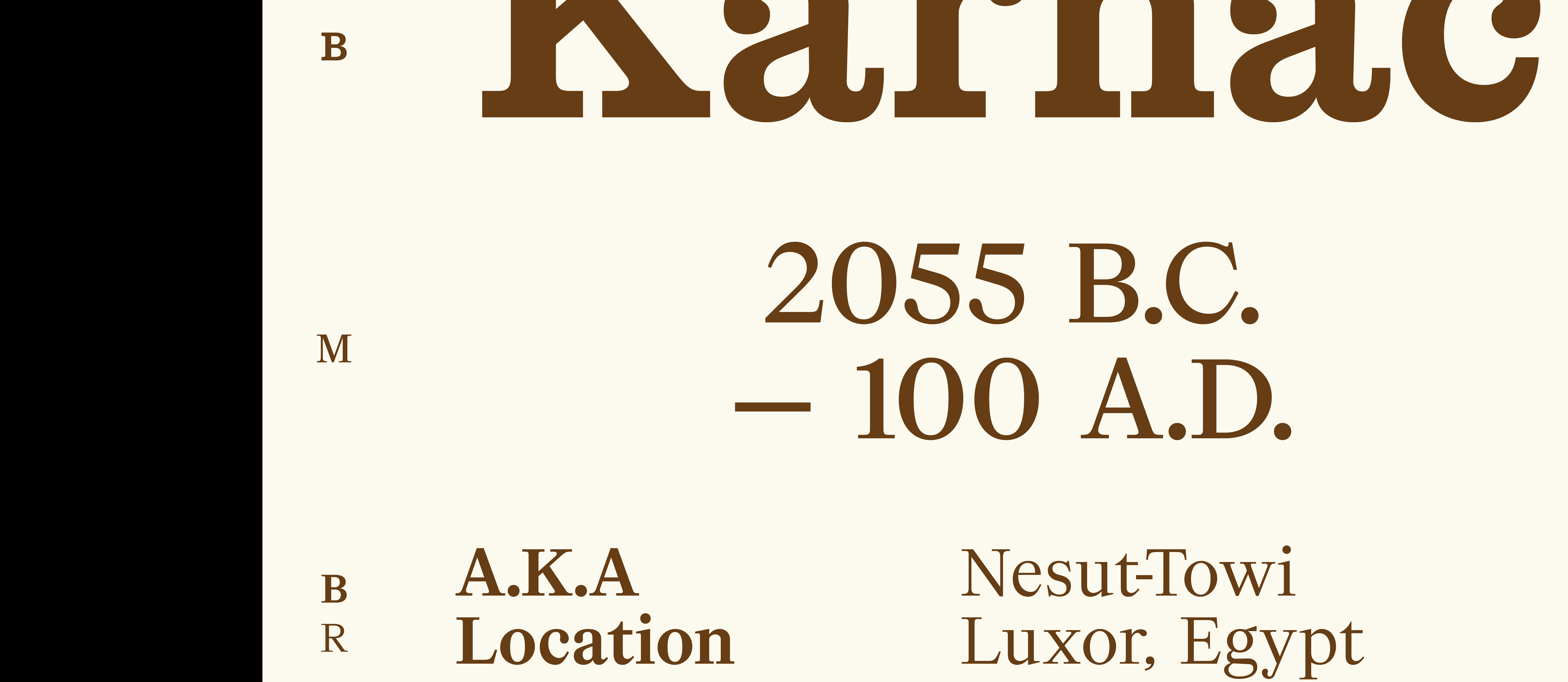

BEFORE
CHRIST
B.C.
A.D.
ANNO
DOMINI
Khafre
Djoser
2630 — 2611 B.C.
(Dynasty 3)
